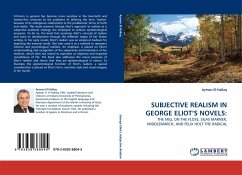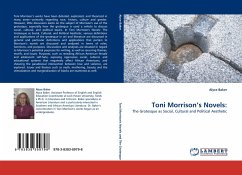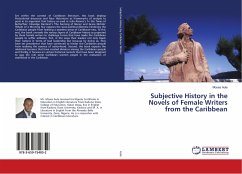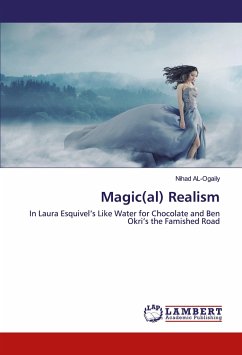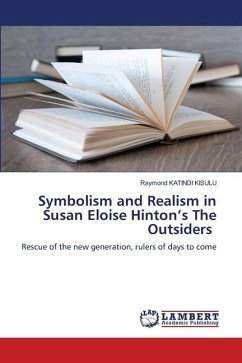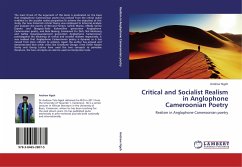Criticism in general has become more sensitive in the twentieth and twenty-first centuries to the problems of defining the term realism' because of its ambiguous relationship to the problematic terms of truth and reality. This book presents George Eliot's approach to realism as a subjective authorial strategy she employed to achieve epistemological purposes. To do so, the book first examines Eliot's concept of realism and trace its development through the different stages of her fiction writing. In her early novels, Eliot's realism was an empirical medium for depicting the external world. She later used it as a method to represent internal and psychological realities. An emphasis is placed on Eliot's understanding and recognition of the subjectivity and limitations of her medium, which does not intend to represent an objective and impartial resemblance of life. The book also addresses the moral purposes of Eliot's realism and shows that they are epistemological in nature. To illustrate the epistemological function of Eliot's realism, a special consideration is placed on Eliot's form, narrative style and visual imagery in her novels.
Bitte wählen Sie Ihr Anliegen aus.
Rechnungen
Retourenschein anfordern
Bestellstatus
Storno

